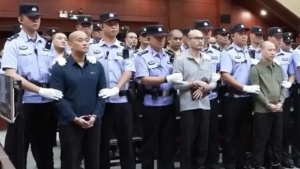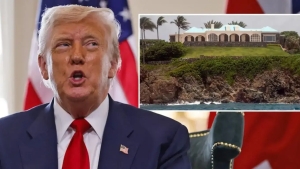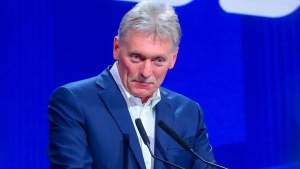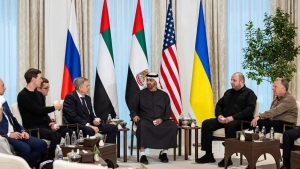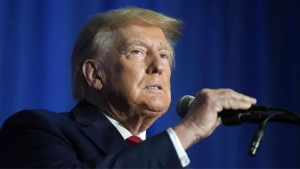Putin invited Zelensky to Moscow for a meeting
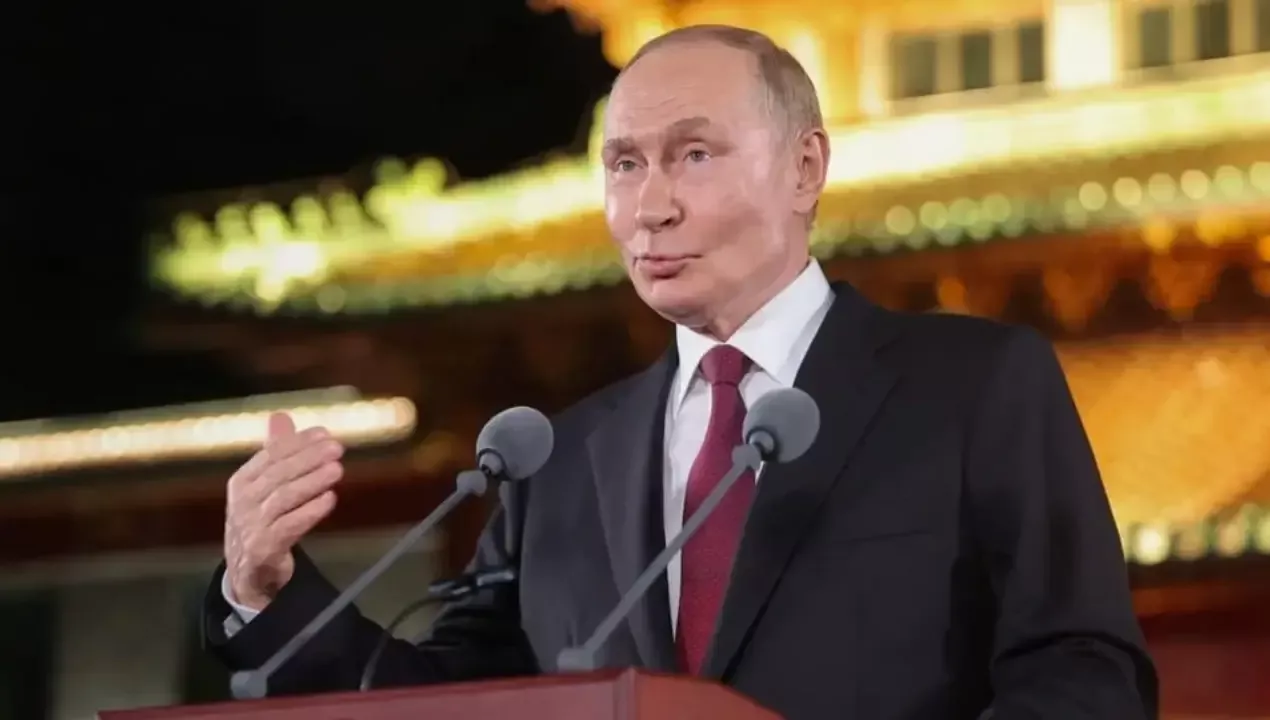
After concluding his visit to China, Russian President Vladimir Putin made a new proposal to Ukrainian leader Volodymyr Zelenskiy during a press conference. This was reported by Zamin.uz.
According to him, if Zelenskiy is ready for a meeting, he can come to Moscow. However, Putin emphasized that he is not yet sure whether such a meeting would be meaningful and noted that he does not consider Zelenskiy’s presidency legitimate.
It is worth mentioning that this proposal was previously discussed during a conversation with former US President Donald Trump. However, Zelenskiy rejected Putin’s offer with the response “Not only in Moscow.”
The Russian leader has refused to meet with Zelenskiy several times, calling him an “illegitimate president.” According to Putin, since no new elections have been held in Ukraine, Zelenskiy’s legitimacy remains in doubt.
At the same time, according to Ukrainian law, presidential elections can only be held 90 days after the end of martial law. The main points from Putin’s speech are as follows: Russia has never guaranteed Ukraine’s security in exchange for giving up territories.
Kiev has the right to independently choose its security system, but this should not be done at Russia’s expense. The peoples remaining within Russia have the right to speak their language and preserve their culture, which is considered the foundation of democracy.
If the Ukrainian government wants to resolve territorial issues, it must first lift martial law and hold a referendum. If common sense prevails, an agreement to peacefully resolve the conflict can be reached.
Currently, it seems that the US administration shares this sentiment. There is hope that there is light at the end of the tunnel.
However, if this path is not chosen, it will be necessary to resolve the situation by armed means. In conclusion, Putin’s words reflect the ongoing conflicts within the complex political situation between Russia and Ukraine.
On one hand, he expresses openness to negotiations, while on the other, he doubts Zelenskiy’s legitimacy. This highlights the complexity of the dialogue process.


